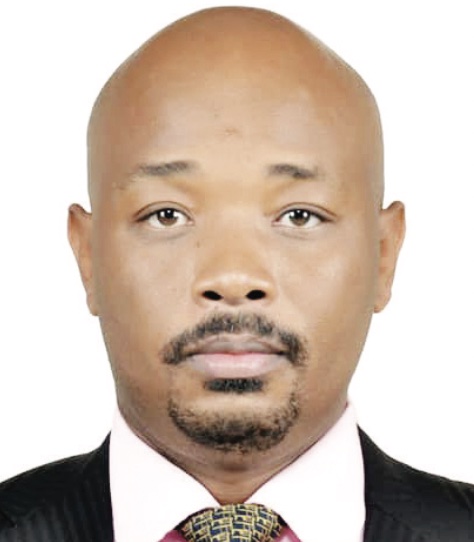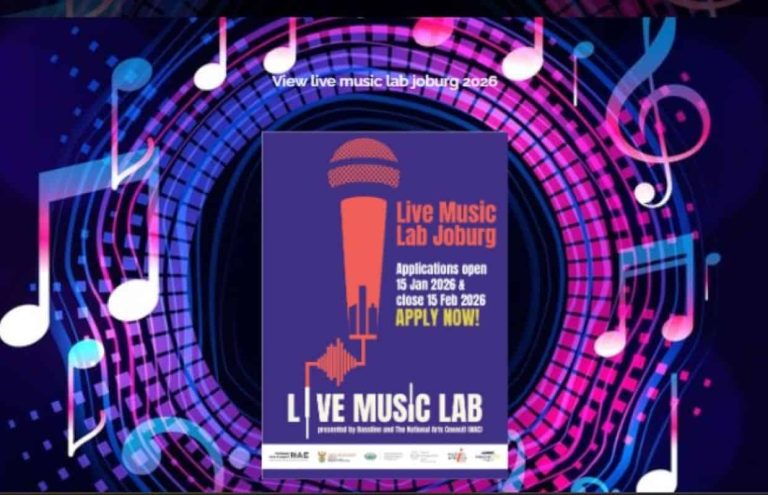
Screenshot

Last month the Uganda Electoral Commission (EC) concluded the nomination of candidates intending to contest in the 2026 general elections.
It emerged that the ruling National Resistance Movement (NRM) secured several Parliamentary seats “unopposed” and many are still engaging the EC to disqualify the opponents so that they are declared unopposed.
What appeared normal in the previous elections is now a growing trend and could be a precursor for tough times ahead. The behaviour of some candidates during their party primaries has now dug its fangs into the main election.
With all the exposure and the benefits associated with being a member of parliament, I can confirm that returning to or joining parliament “unopposed” is not merit based but the art work of manipulation.
Those who failed to knock out their opponents earlier using direct and indirect means have taken advantage of the open window to lodge their petitions with the EC, which must quickly dispose of the complaints to pave way for printing ballot materials.
Unfortunately, their decisions will open a pandora box and expose their incompetencies as a commission. Some candidates wishing to go through unopposed have fronted registered voters in their constituencies, while others have gone bare knuckles with their opponents.
A case in point is in Kasambya constituency, where two voters who signed on one of the candidate’s nomination forms have turned against him saying their signature were forged. It is expected that by the time the Electoral commission completes the process of hearing election disputes, more candidates will be ejected and more shall join the list of the unopposed.
I believe this time round, we shall have the biggest number of members of parliament ever in the history of Uganda going through the process unopposed. What could be the underlying reasons why these aspirants prefer being unopposed?
Is it because they are charismatic? Is it due to the fear of spending on voters; fear of being subjected to competition? Or it is a plan that was carefully executed so that the unopposed spend more time looking for Museveni votes?
Uncontested elections might sound like a relic of the Victorian age, but they continue to occur regularly in almost every election cycle when there is only one candidate for a parliamentary seat or where there are two and one steps down voluntarily or through some other means.
Surprisingly, all the unopposed contestants are from the ruling party. Can these “unopposed” Parliamentary victories mean the NRM is solid in some areas or is there an invisible hand of manipulation that is inevitably sawing seeds of electoral impunity?
Past events suggest that some people have picked a bug of avoiding competition yet at the same time want to take part in elective politics. In this year, during the heated National Resistance Movement primaries, the current speaker Anita Among used the party’s electoral commission to disqualify her challengers for not being a bona fide resident of Bukedea district and as such she was declared “unopposed.”
Uganda stands at a crossroads, where the promise of electoral democracy is being eroded by manipulation of political and legal institutions. Recent research findings show how entrenched power structures, weak institutions, and socioeconomic inequalities fuel cycles of electoral manipulation in favour of those connected to the ruling class.
By unpacking the root causes and far- reaching impacts of electoral manipulation, it has been found that such acts erode public trust in electoral processes.
This, therefore, means that the unopposed syndrome, if not checked, will become a habit and impact negatively on Uganda’s electoral future and could also render the ballot box and the ballot papers a mere ritual. Elections have increasingly become contests dominated by financial power rather than the strength of ideas or policy proposals.
Candidates often resort to buying out their opponents to go through unopposed, thus transforming elections into costly transactions instead of genuine democratic competitions.
There is no doubt that these acts will distort fair competition, discourage honest candidates, and also deepen public cynicism. When voters perceive that money, not merit, determines electoral outcomes, their trust in the process is eroded.
With the unopposed syndrome on the increase, I fear for the future. I get the feeling that some candidates especially those associated with the NRM will seek the intervention of courts of law to have the winning candidate associated with the opposition knocked out so that they are declared winners.
Let us not forget that the Parliamentary Elections Act allows the court, after verification, to overturn the results and declare the losing party the winner.
I can say with confidence that had it not been for the rise of Robert Kyagulanyi on the political scene, President Yoweri Museveni would have gone through unopposed as the other candidates in the race don’t seem to have a clear vision.
It is assumed that many of these candidates are in the race to serve the interests of Museveni and will play a significant role in sanitizing the process, which is most likely to end up in the Courts of law.
This exclusion of other candidates through the rising unopposed syndrome will not only violate the principle of inclusive democracy but will also perpetuate cycles of violence and political instability if other aspirants are muzzled out.
wadroger@yahoo.ca
The writer is a commentator on political, legal and social issues.



